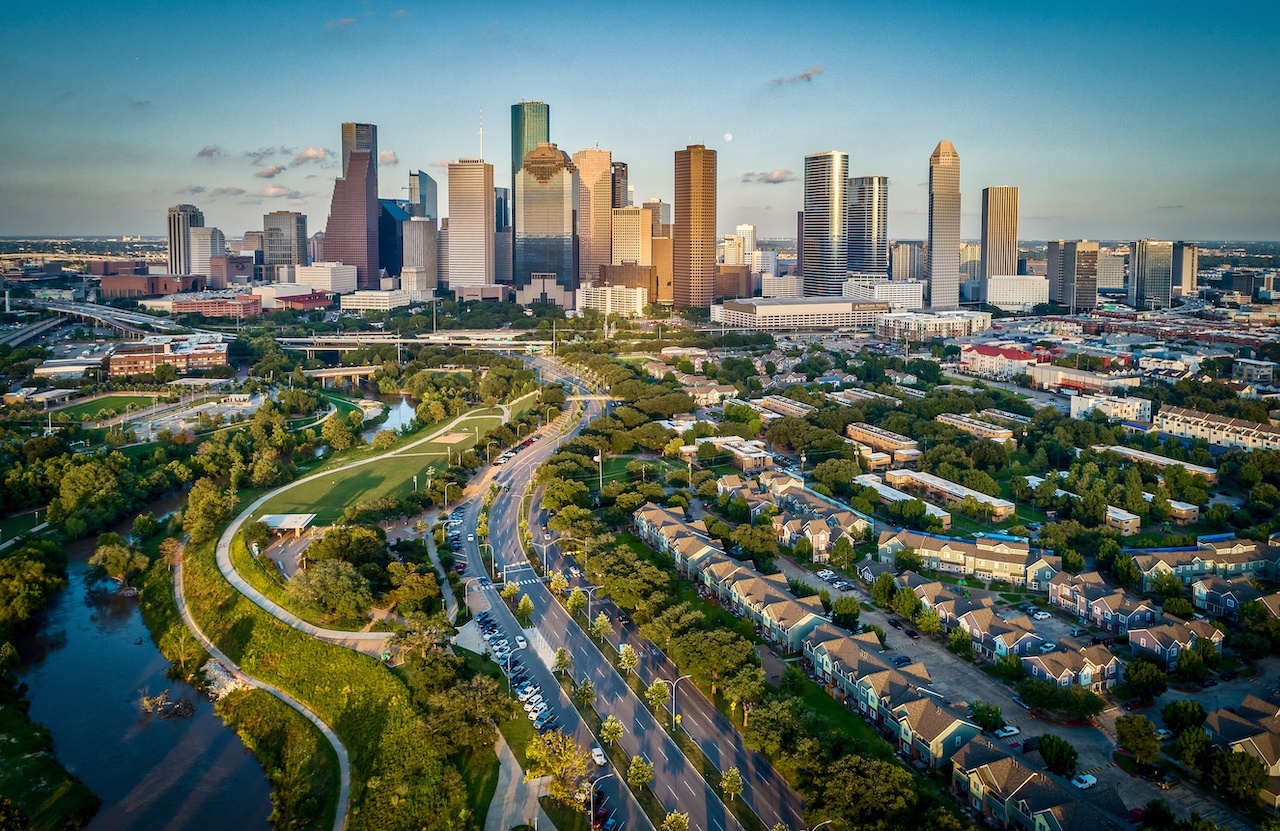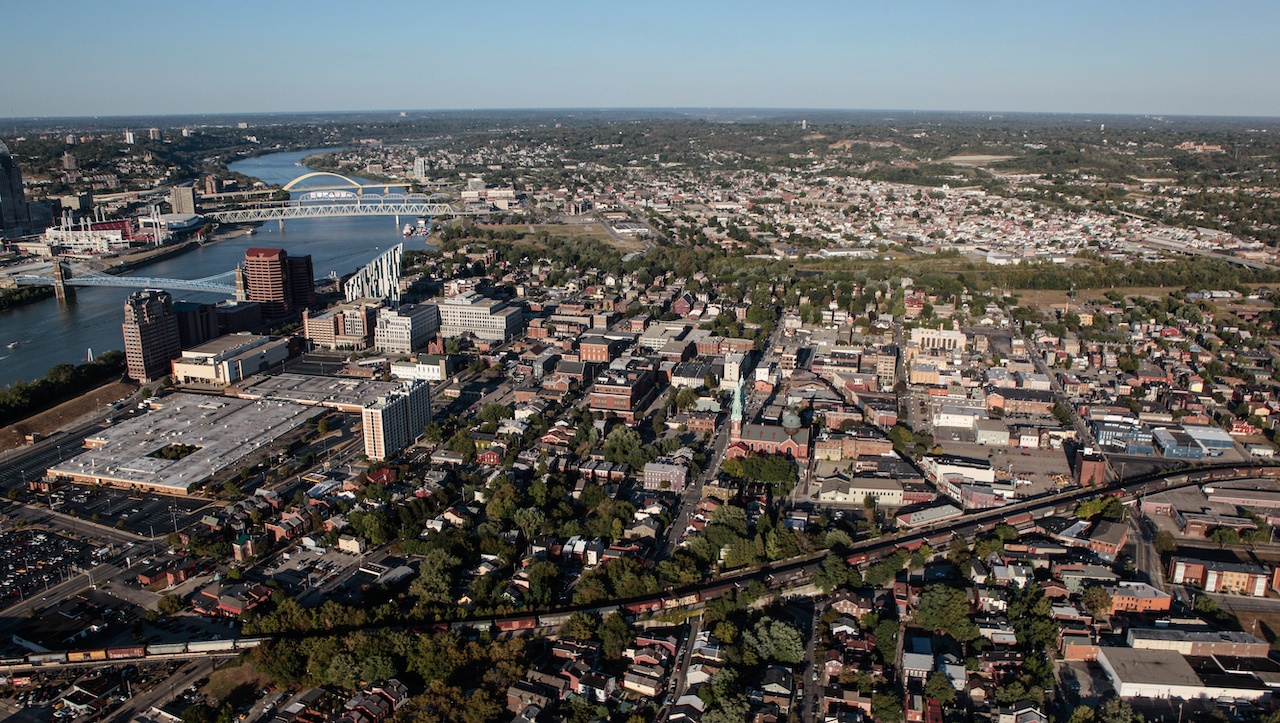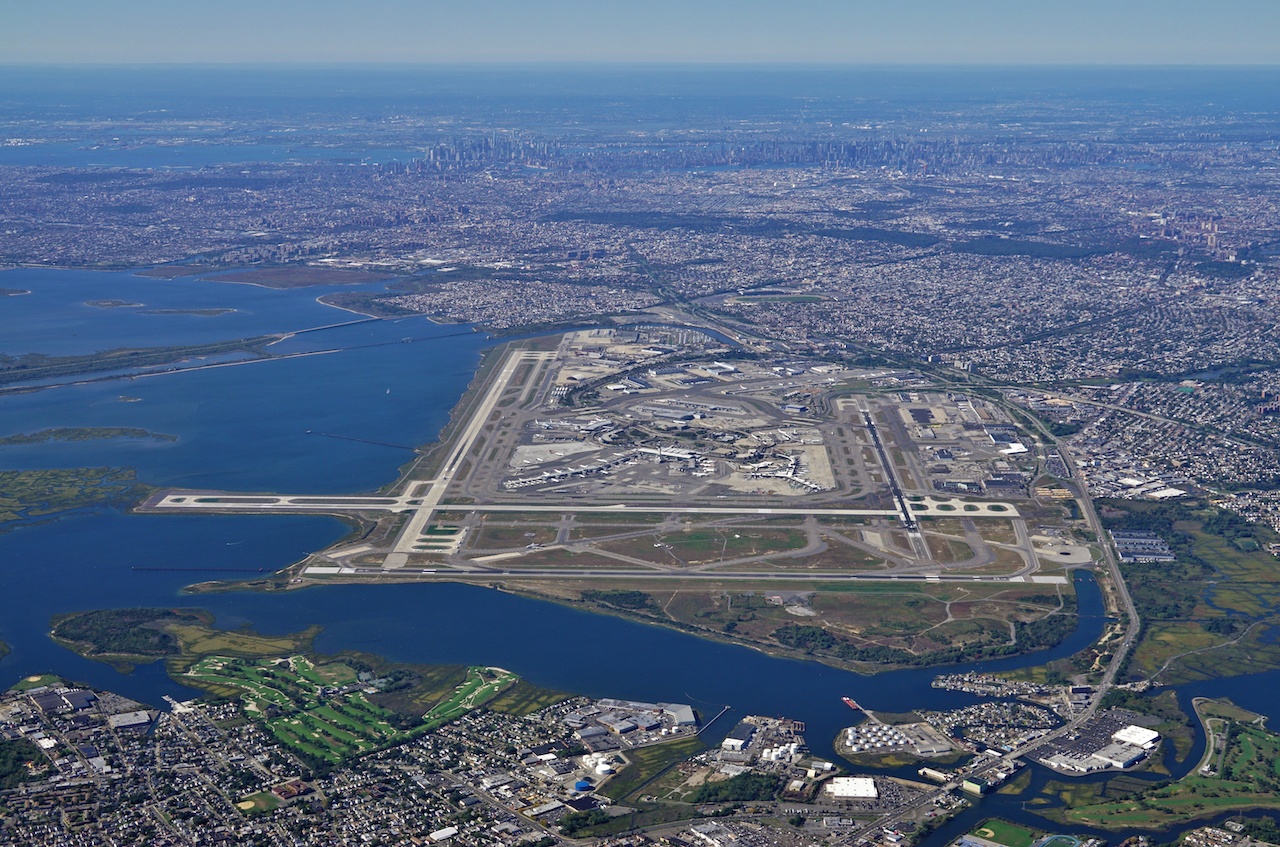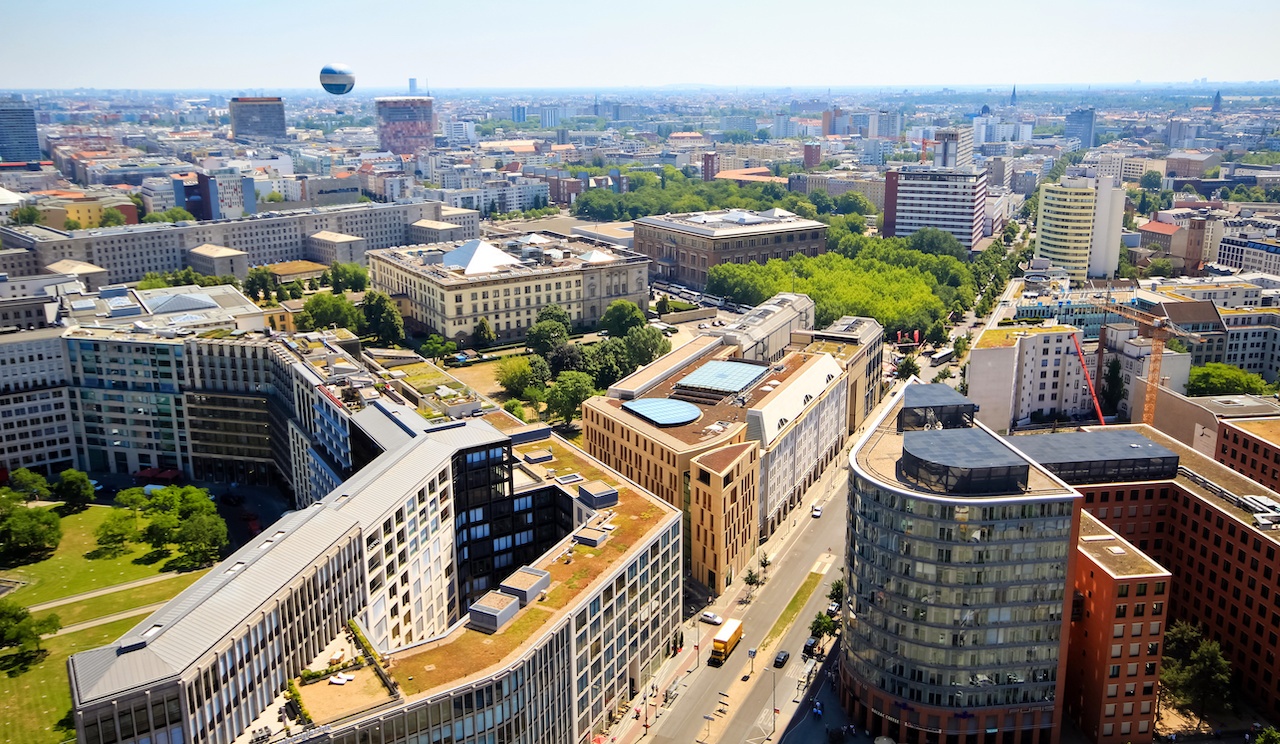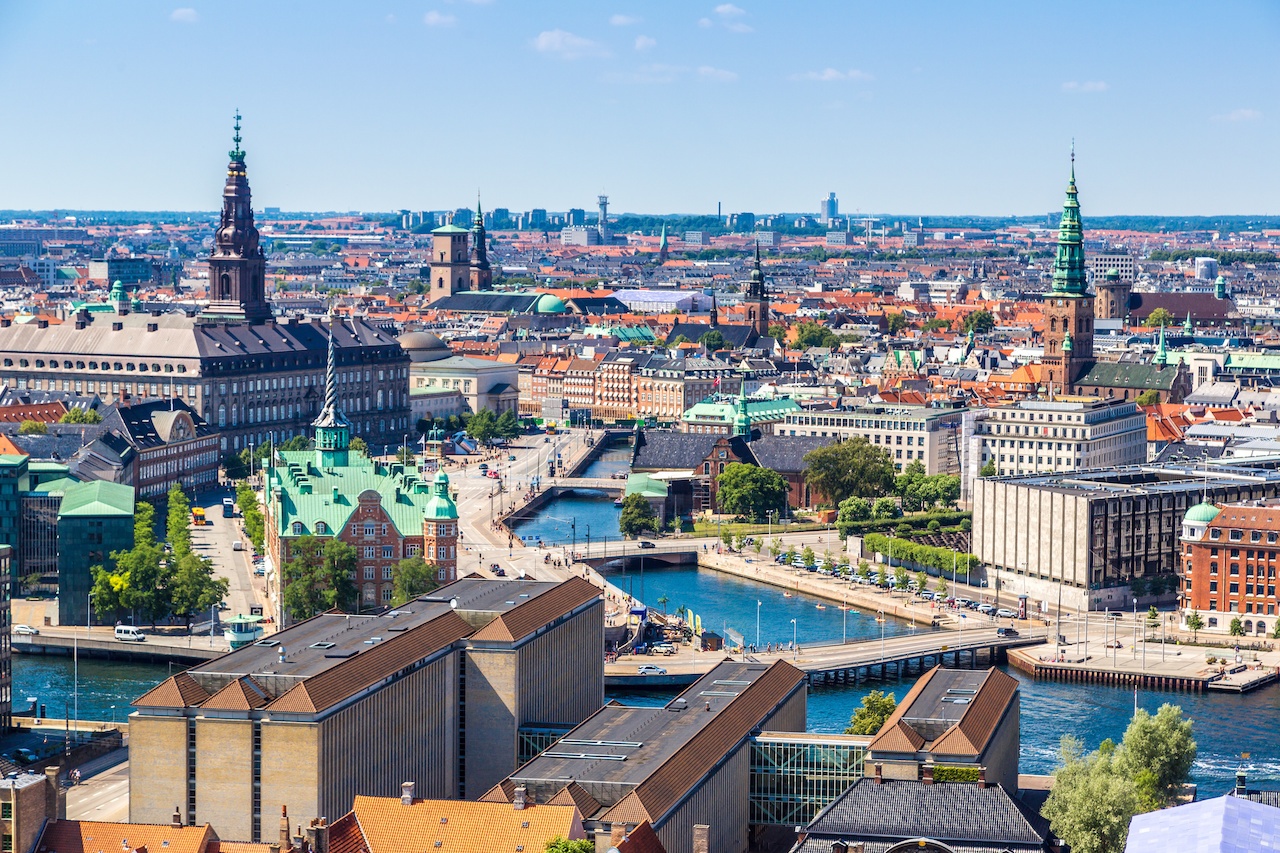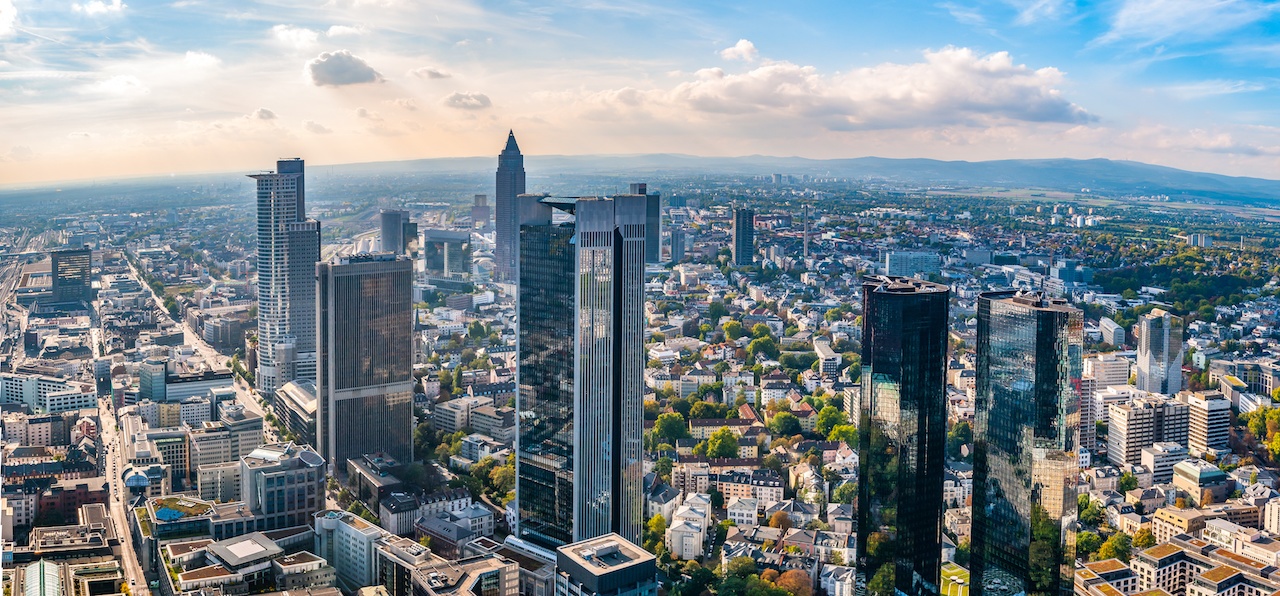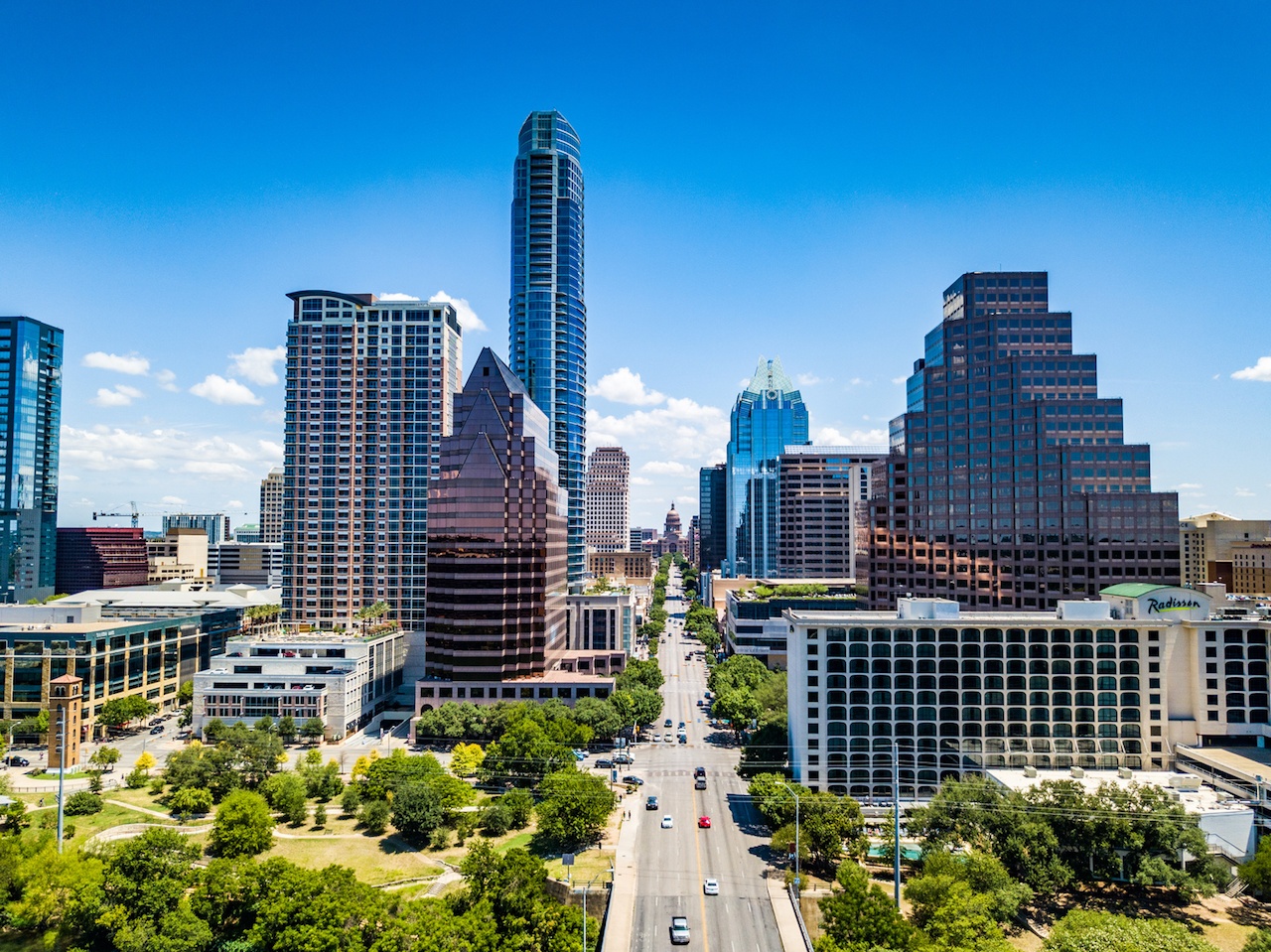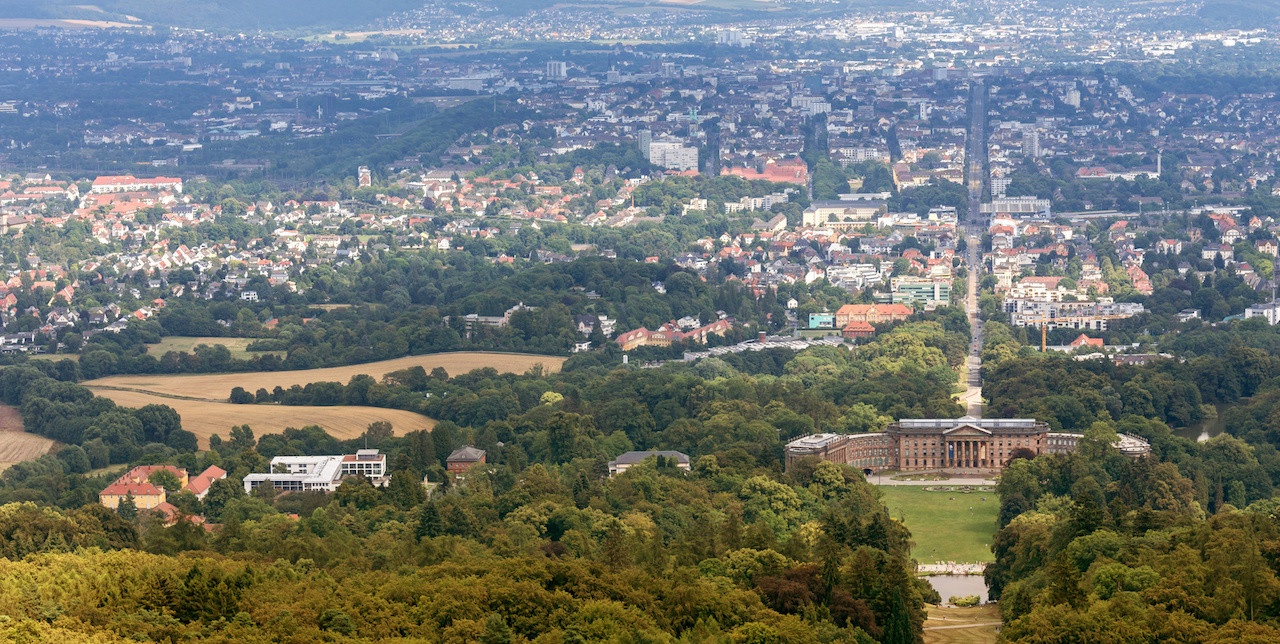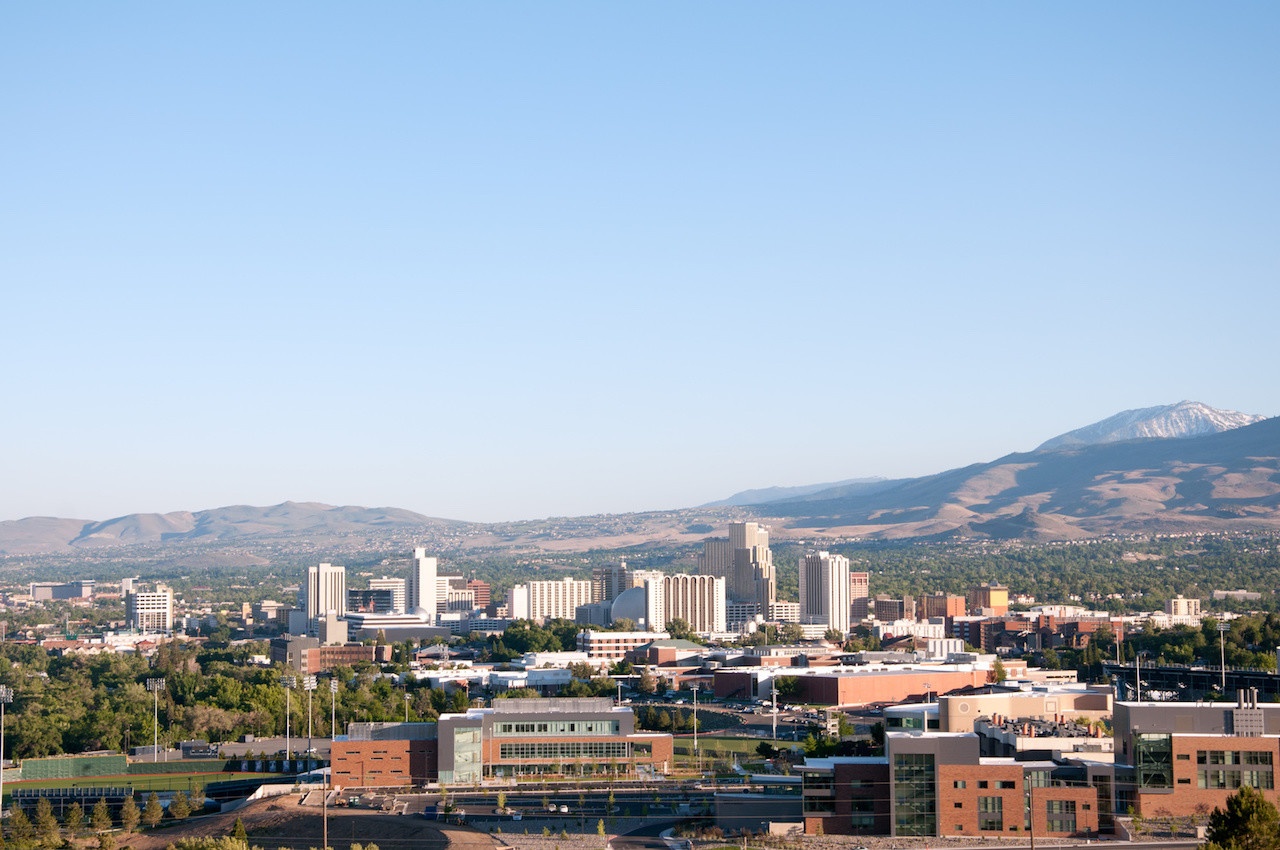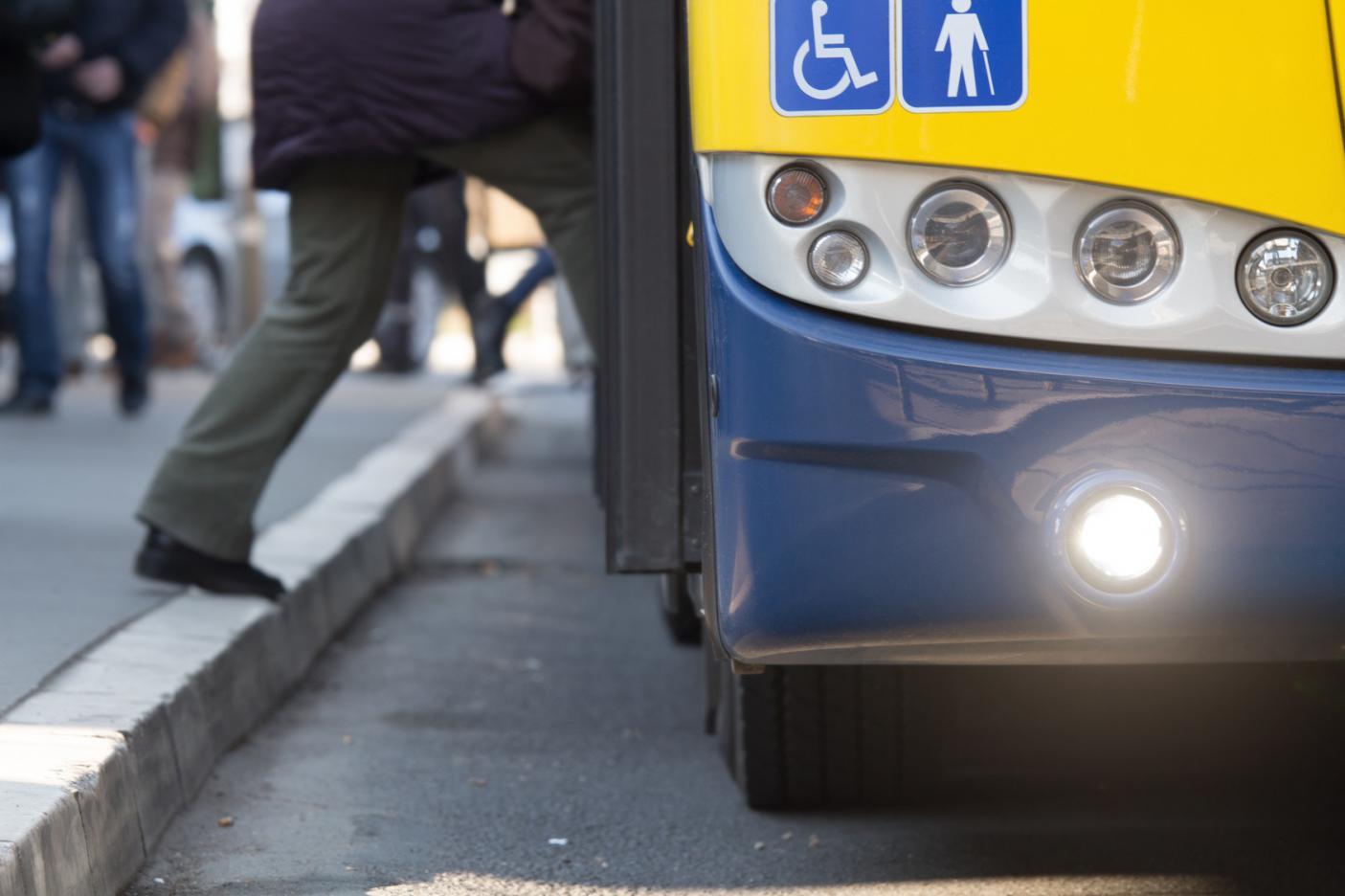Mobility
A broad category of content focused on mobility-related topics in cities.
Examples: public transit, shared mobility, multi-modal mobility, micro-mobility, autonomous vehicles, parking, transportation planning
5 Reasons EVs Alone Aren’t Enough to Address Climate Change
For all the promise of electric vehicles, we can’t lose sight of one simple fact: The environmental burden of transportation in the United States isn’t a vehicle problem, it’s a problem with our transportation system as a whole. Simply swapping out internal combustion engines for electric motors won’t be enough to meet that challenge.
Why Businesses Should Shift to Providing Parking as a Service
Through the use of smart sensors and LED screens, drivers can receive not only real-time updates of available spaces, but also guidance that communicates exactly where the spaces are located. This extra layer of service can minimize the time spent searching for an open space, cutting down on stress and providing better service overall from the moment of arrival.
Why the Airport is the Future Hub of Robot Cars
For the city itself, there’s an enormous benefit in integrating intermodally with the airport. In the potential futures presented by autonomous vehicles, there’s the capacity for the airport to become essentially estranged from the city, a faraway piece of infrastructure relegated to long-haul travel, which wouldn’t be a future at all for many regional, non-coastal airports. Having the airport serve as one of the city’s core intermodal hubs draws the airport and city closer together functionally and emotionally.
The Value of Analytics in Smart Parking
While it may sound like a simple process, there are challenges to consider when it comes to the effectiveness of parking sensors, such as their location. For example, in-ground sensors, a technology used by some cities in the past, presented a myriad of problems, including ineffective readings that can result in unreliable data and lost revenue.
Uber’s Mobility Dream Might Be a Consumer Nightmare
In the long run, even the largest, most powerful cities will struggle to rein in sophisticated global mobility companies. Thoughtful regulation at the state and federal level will eventually be necessary. Cities are becoming more active in setting policy for emerging services like bikes and scooters, and can incorporate thoughtful requirements in their license schemes. There are steps that government can take today to avoid some of the worst long-term risks.
How ITS and Technology Can Accelerate Making Cycling About People
Developing ITS solutions for cycling shows cyclists that they are appreciated and welcome in the city. Creating high-quality tech solutions for cyclists as a way of encouraging cycling was first tested in Denmark in 1999-2002 during the Odense Cycle City project. In addition to green waves and LED lane lights, the city and a local ITS company developed the world’s first so-called cyclist counter, which is now implemented in cities all over the world.
IoT and Cities: Enhancing Parking, Traffic and More
IoT solutions allow drivers to make smart parking decisions based on facts rather than luck, ensuring less congestion – in regard to both the amount of cars backed up in a certain area and the emissions released into the air. It is essential for drivers to be able to rely on accurate real-time information about where to go, and more importantly, where not to go when all spaces are occupied.
3 Strategies for Urban Transportation Planning for People
With the help of a technical advisory committee with multifaceted experiences and expertise in transportation, environmental justice, academia, and philanthropy. The Greenlining Institute has put together a Mobility Equity Framework that lays out a new path for transportation planning.
Commuter Rail as a Core Interconnected Mobility Service
Whether you live in the Worcester area or the North Shore, in Walpole or Weymouth, when you think about the Massachusetts Bay Transportation Authority (MBTA) Commuter Rail, we tend to have the same thing in mind: going to work in Boston, with trains feeding into two...A Parking Solution for Smart Cities
Parking is a tough problem, and it’s a common issue for many cities across the globe. Municipalities face the challenge of keeping residents happy while also providing a welcoming atmosphere to out-of-towners when an influx of traffic occurs.
Observations & Predictions for Cities Based on Three Revolutions
Mobility could get much better or it could get worse. Planning, policy, and pricing will make the difference. Done well, we will have fast mobility powered with renewable energy as we travel connected cities on high-speed rail, then fast commuter rail and electric buses, with last mile services that include ride-hailing AV-EV shuttles, cars, bikes and safer walking.
$100k in Funding Available for Mobility Solutions
Over the last three months, the City of Tomorrow Challenge has convened communities in Pittsburgh, Miami-Dade, and Grand Rapids to share transportation experiences and build understanding around people’s personal mobility struggles. Join the conversation and submit a mobility idea for a chance to win $100K in pilot funding at challenges.cityoftomorrow.com.

